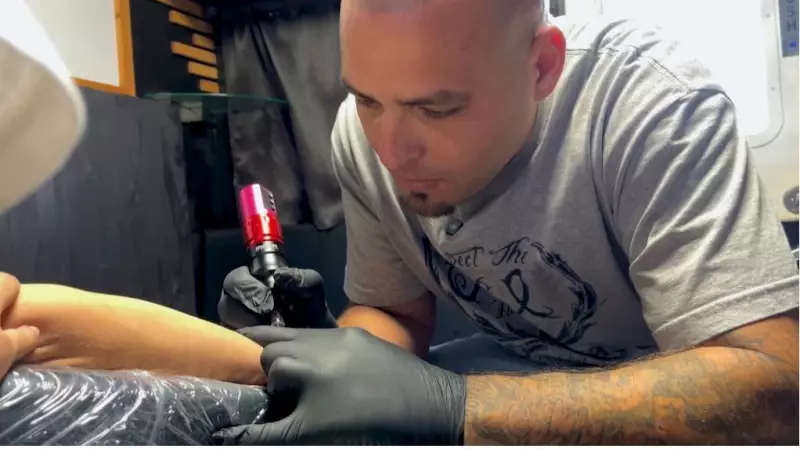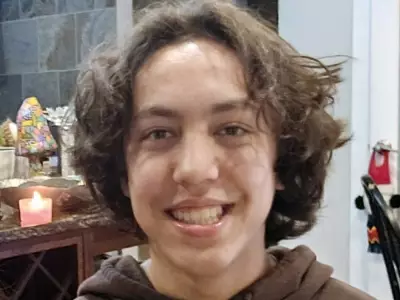
In an innovative approach to mental health and rehabilitation, a unique program in Canada is harnessing the power of tattoo art to help formerly incarcerated individuals heal from trauma and rebuild their lives. This groundbreaking initiative combines artistic expression with therapeutic conversation, creating a safe space for transformation and personal growth.
The Art of Healing
Participants in the tattoo therapy program work with skilled artists to design and receive tattoos that represent their personal journeys, struggles, and hopes for the future. Unlike traditional therapy sessions, these meetings occur in tattoo studios where the buzz of needles and the creative atmosphere foster deep, meaningful conversations about life after incarceration.
Breaking Down Barriers Through Ink
The program addresses the complex emotional challenges faced by those returning to society after prison. Many participants carry visible and invisible scars from their experiences, and the tattooing process provides a powerful medium for reclaiming their bodies and narratives. Each session becomes a therapeutic dialogue where stories of incarceration, loss, and redemption are shared and transformed into permanent art.
Transformative Results
Participants report significant improvements in their mental well-being and self-perception. The process of choosing designs, sitting through sessions, and emerging with meaningful body art helps build confidence and provides a sense of ownership over their life stories. For many, it's the first time they've been able to openly discuss their experiences in a supportive, non-judgmental environment.
Building Community Connections
Beyond individual healing, the program fosters community bonds between participants, artists, and mental health professionals. The tattoo studio becomes a neutral ground where stereotypes are broken down and genuine human connections form. These relationships often extend beyond the sessions, creating lasting support networks crucial for successful reintegration.
A New Approach to Rehabilitation
This innovative model challenges conventional rehabilitation methods by recognizing the therapeutic value of artistic expression. By combining the ancient art of tattooing with modern psychological understanding, the program offers a holistic approach to healing that addresses both emotional and physical aspects of recovery from trauma.
The success of tattoo therapy in Canada points to a growing recognition of alternative healing methods within the criminal justice and mental health systems. As more individuals find solace and strength through this unique combination of art and conversation, it may inspire similar programs across the country, offering new hope for those seeking to rewrite their life stories after incarceration.






